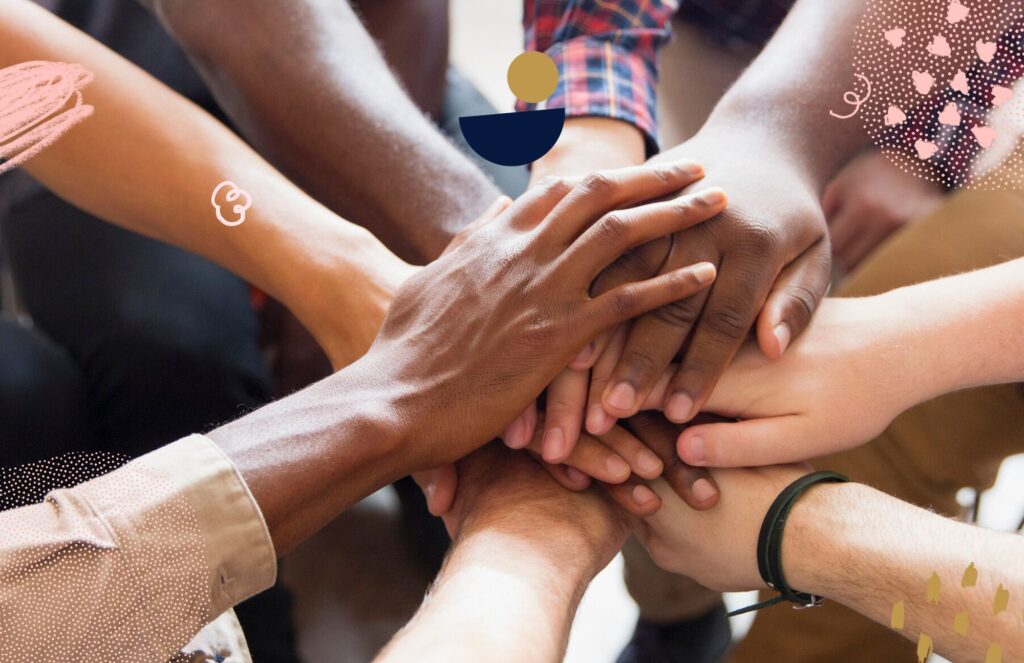
Joining a group program for the first time can feel like stepping into the unknown. Whether you’re new to the concept of group therapy or considering it as part of your mental health journey, understanding what to expect can ease uncertainty and help you feel more confident about taking this important step.
Group programming provides a supportive and structured environment where you can share your experiences, learn new skills, and connect with others who may be going through similar challenges. Below, we break down what a typical group session looks like, highlighting the key components designed to foster growth, healing, and community.
Check In
Mindfulness/Meditation
This is a moment to center yourself, exhale fully, and relax your muscles. During this exercise, you are encouraged to be honest with yourself, identify what you may need from the group, and consider how you can support others.
Guided meditation and deep breathing exercises are often accompanied by insights from a book, poem, or resource shared by the therapist. Research shows that mindfulness is as effective as Prozac, significantly reducing symptoms of depression and anxiety.
Group Rules
An overview of group rules is discussed before processing begins. These include the option to pass or stay silent if you’re not ready to share, treating others with respect, and keeping phones away with personal items stored in lockers.
Confidentiality is emphasized—what is shared in group stays in group. However, confidentiality may not be maintained if someone discloses thoughts of self-harm or harming others.
Processing
Feelings Wheel Pillow
Ice Breakers
Art Therapy
Yoga
PsychEd (Psychological Education)
Snack Breaks
Take Action Now
- Reach Out to Us: Contact our team to schedule your intake appointment at any of our locations.
- Consultation: We’ll schedule an initial intake to assess your needs and make personalized recommendations.
- Flexible Options: With both in-person and virtual group options, we strive to make therapy accessible to everyone.




